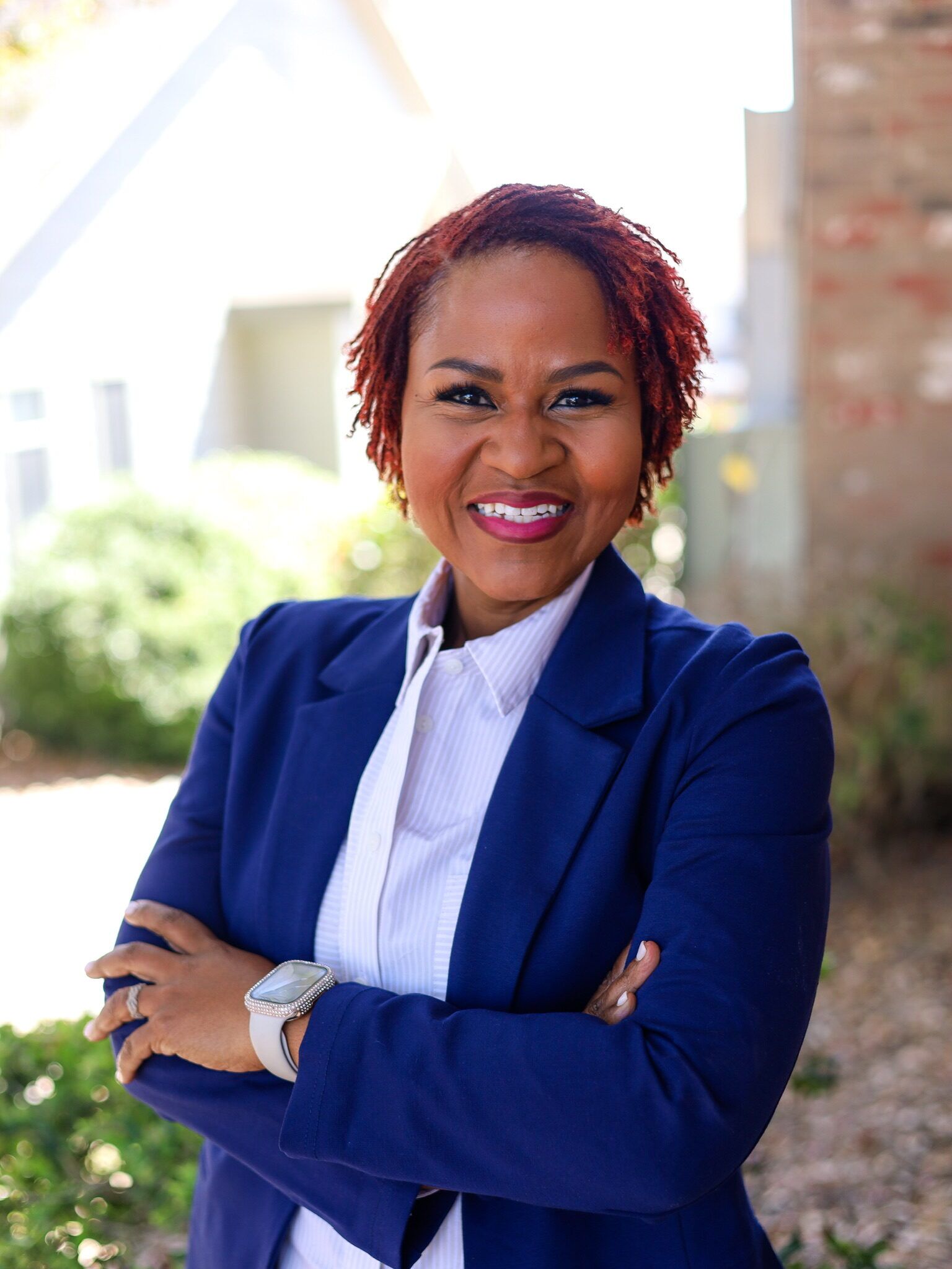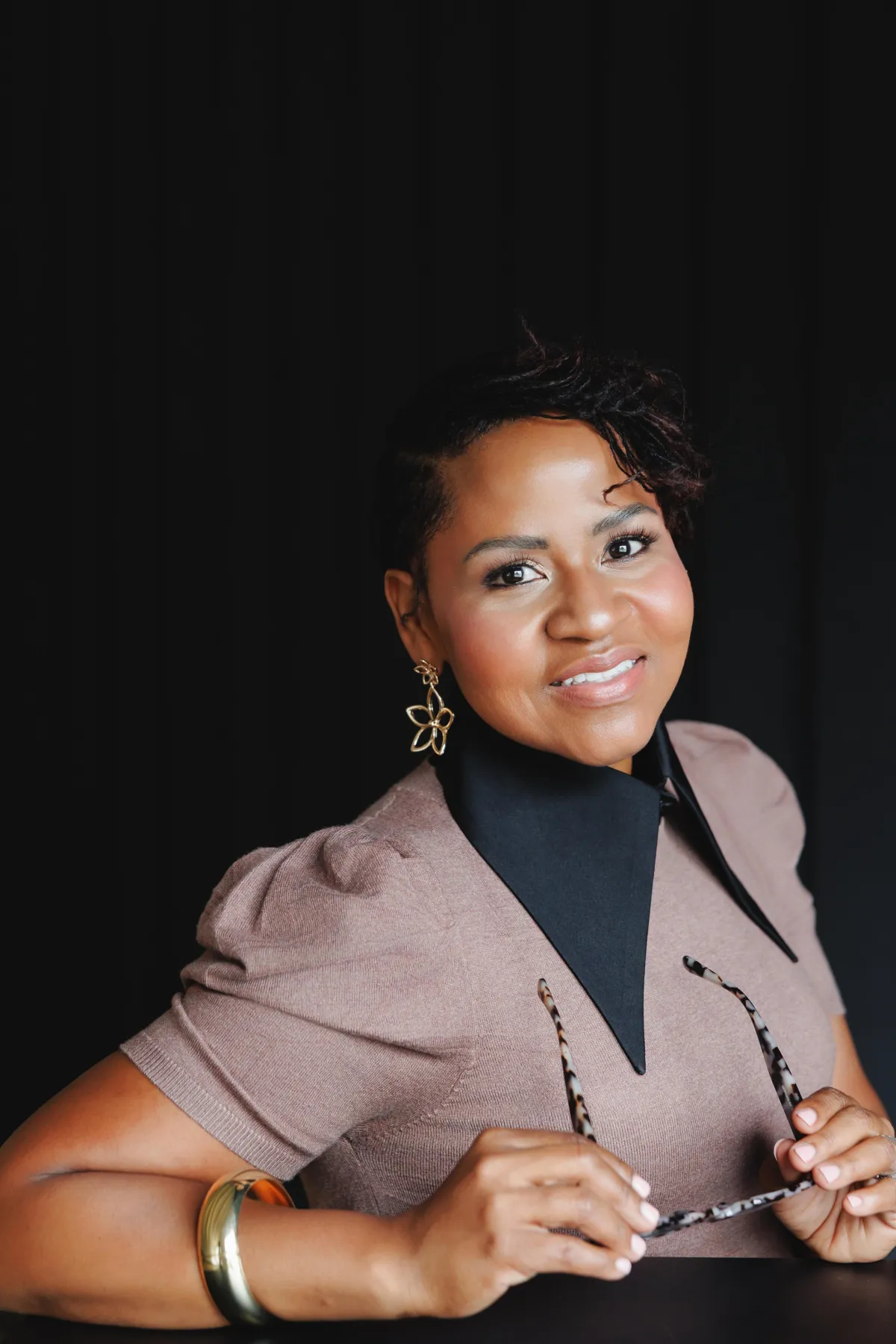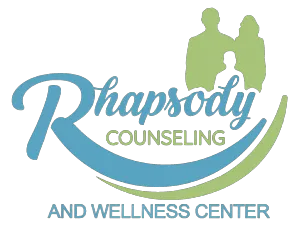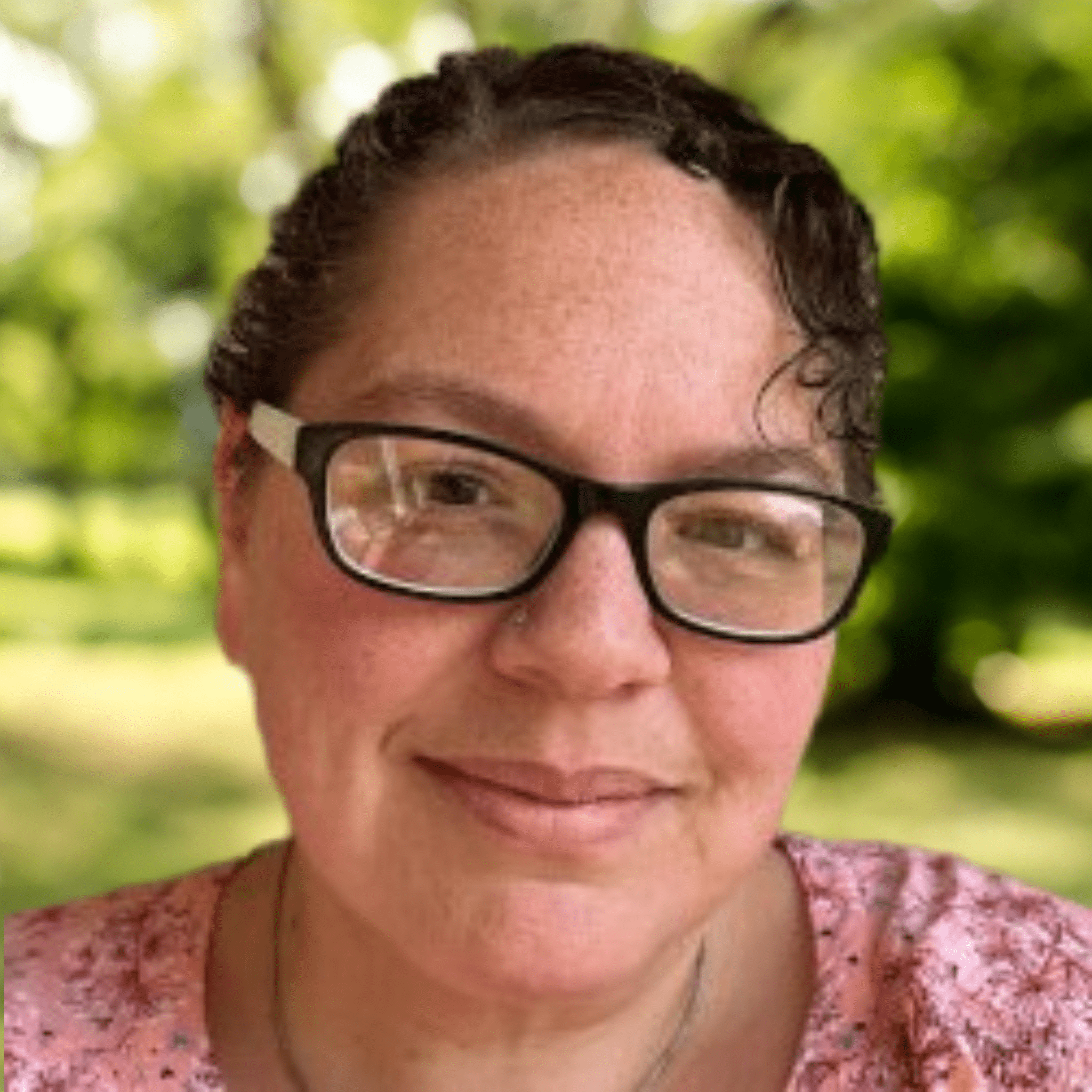
Have Question?
210.286.9339
Quality Therapy Starts Here
Making Lives Whole One Step At A Time

Welcome to Rhapsody Counseling of San Antonio Therapy
Rhapsody Counseling offers expertise in treatment of behavioral health and personal wellness within an individual one to one, family, or group format providing compassionate support to help clients overcome obstacles and lead more fulfilling lives. We can serve you at either of our 2 locations in San Antonio or conveniently online wherever you are through ‘telehealth’.
How do I know that counseling can be helpful?
Most of us face struggles at some point in life that often disrupt our ability to sleep, have peace of mind, or fills us something else not great for our health. Whether you or someone you love could benefit from counseling, consider these 5 questions:
Is a significant amount of time every week spent thinking about the problem?
Is the problem embarrassing, to where you want to hide from people?
Over the past couple of months, has the problem diminished your quality of life?
Have you delayed pursuing any ambitions or goals because of the problem?
Are you rearranging your lifestyle due to and in accommodation of the problem?
Counseling
Jirzia
Jirzia Blackman, LCSW-S – CEO
SERVICES WE’RE OFFERING

Counseling Therapy for Depression in San Antonio
The impact of the pandemic on our mental wellness has been far reaching with a recent study from the COVID States Project determining almost half (49%) of the respondents of the study reporting one or more symptoms of depression. Even those of u

Stress Management Counseling in San Antonio
Stress is our body’s natural defense against threat and danger, causing the body to flood with hormones preparing it to escape or confront the threat or danger. Some commonly refer to stress as the fight-or-flight mechanism of the body. Stress is so pervasive in

Marriage Counseling in San Antonio
The research and data reflect themes centered on communication, togetherness, space, shared responsibilities, support networks, and quality time. In sum, the pandemic largely magnified marriage problems that were pre-existing in a couple’s relationship. Having said this, people also took proactive steps to save their marriag

Learn About our Couples Retreats
The impact of the pandemic on our mental wellness has been far reaching with a recent study from the COVID States Project determining almost half (49%) of the respondents of the study reporting one or more symptoms of depression. Even those of u

When Religion Hurts Support Group
Stress is our body’s natural defense against threat and danger, causing the body to flood with hormones preparing it to escape or confront the threat or danger. Some commonly refer to stress as the fight-or-flight mechanism of the body. Stress is so pervasive in

Couples Counseling/Coaching
The research and data reflect themes centered on communication, togetherness, space, shared responsibilities, support networks, and quality time. In sum, the pandemic largely magnified marriage problems that were pre-existing in a couple’s relationship. Having said this, people also took proactive steps to save their marriag
OUR TESTIMONIALS
What They’re Saying About Us?
4.9 Average Rating

Counseling, an investment in self!

A common misconception about counseling is that it’s only for people with “serious issues” when the reality is people just like you turn to counseling to improve themselves as a person. Here are 4 signs that you may benefit from counseling:
Feeling stuck
Are you at some sort of a crossroad & having a tough time making a decision? Counseling is a safe space to talk about anything and develop helpful skills and tools to move forward.
You want to improve your relationships
Whether you want to improve relations with your partner, family, or yourself, our counselors can help you build and nourish stronger relationships founded on clear communication, love and respect.
You want to understand yourself better
Everybody experiences frustration, confusion, dissatisfaction, and feeling overwhelmed at times. It’s when these feelings become persistent and distract us that it’s problematic. In counseling you can learn how to identify your personal triggers, process, and cope with moments of anxiety, depression, anger, grief or anything that you’re feeling.
You actually don’t need a sign
Since counseling is a non-judgmental space focused on growth where you receive validation and support, many people use counseling as a space to set new goals for themselves.
Our Team
We know how important it is to find the right match when choosing a therapist for yourself or a family member. Our licensed therapist’s number one goal is to help you live a balanced, happy, and fulfilling life. Our therapists are relatable and will guide you through the therapy process in a safe, non-judgmental atmosphere that will put you at ease.
Our Community Partners



Rhapsody Counseling offers expertise in treatment of behavioral health and personal wellness within an individual one to one, family, or group format providing compassionate support to help clients overcome obstacles and lead more fulfilling lives
Explore
Contact
Visit Office
11901 Toepperwein Rd Ste 1106, Live Oak, TX 78233, United States
Virtual Only
Appointments Available in New York & Colorado
Any Question
210.286.9339
© 2025 By Rhapsody Counseling. Powered by 24/7 DigitalHub














